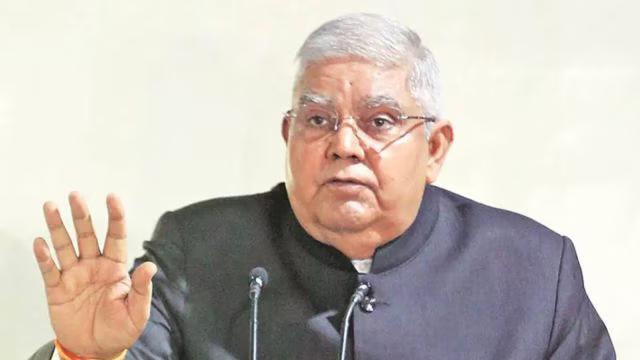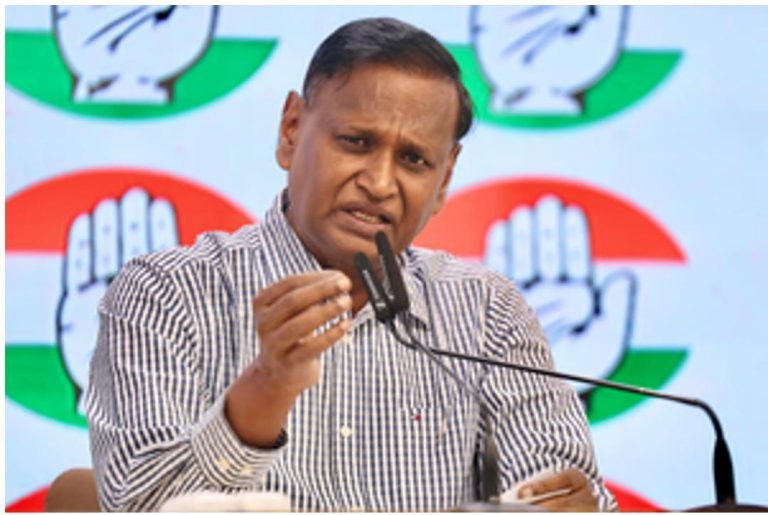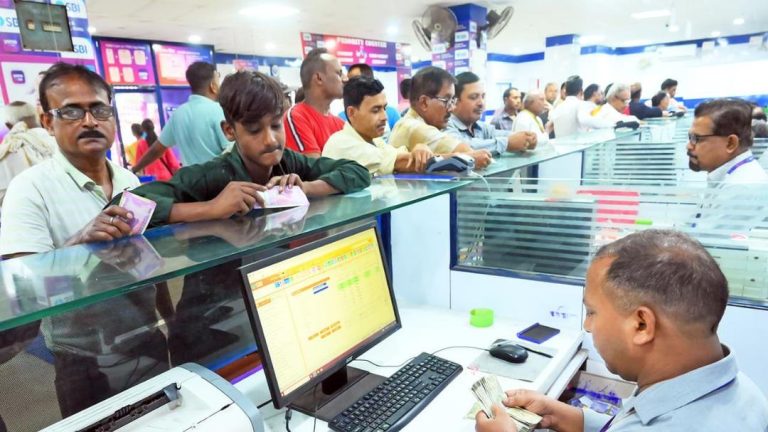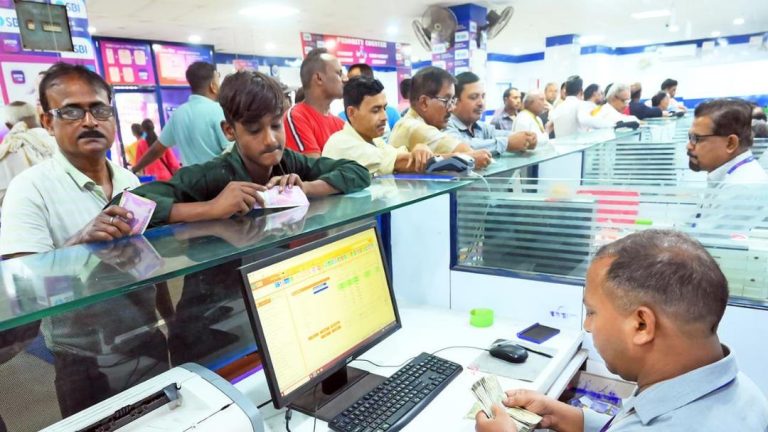
Officers working with ex-VP Dhankhar sent to parent cadre: Report
In a recent development, the secretariat of the Vice President of India, Jagdeep Dhankhar, was closed down just three days after he resigned from his post citing health concerns. As a result, a number of government officers who were working with him have been repatriated to their parent cadre, according to a report by Hindustan Times, quoting officials.
As per the report, the appointment of these officers at the Vice President’s office was co-terminus with Dhankhar’s tenure, which means their services were tied to his term as Vice President. This implies that their repatriation to their parent cadre was a natural consequence of Dhankhar’s resignation.
The decision to close down the secretariat and repatriate the officers is not uncommon, especially in cases where a high-ranking official resigns or completes their term. This is done to maintain the smooth functioning of the government and to ensure that key positions are filled by new individuals who can continue to serve the nation.
It is worth noting that Dhankhar’s resignation from the post of Vice President was sudden and unexpected. He had been serving in the position since August 2022 and had been performing his duties diligently. However, he had to take a break from his duties due to health reasons, which ultimately led to his resignation.
The news of the closure of the Vice President’s secretariat and the repatriation of officers has sparked a lot of interest among political observers and the general public. Many are curious to know what the future holds for the individuals who were working with Dhankhar and what kind of impact his resignation will have on the country’s political landscape.
One of the key aspects of Dhankhar’s tenure as Vice President was his outspoken nature and his willingness to speak his mind on various issues. He was known for his strong opinions on topics such as the electoral reforms, the functioning of the Rajya Sabha, and the role of the Vice President in the country’s governance structure. His resignation has left many wondering whether his successor will continue to maintain the same level of activism and commitment to the office.
The repatriation of officers to their parent cadre is also an important development in this regard. It is likely to have a significant impact on the functioning of the Vice President’s office and the overall governance of the country. The new Vice President, who is yet to be appointed, will have to work with a new set of officers and officials who will be responsible for carrying out the day-to-day functions of the office.
In conclusion, the closure of the Vice President’s secretariat and the repatriation of officers to their parent cadre are significant developments that have the potential to shape the future of the country’s governance structure. While Dhankhar’s resignation was unexpected, it is an opportunity for the country to reflect on the role of the Vice President and the kind of leadership that is required to move the country forward.
As the country looks forward to the appointment of a new Vice President, it is essential to remember the importance of having a strong and effective leader who can work with the government and the opposition to ensure the smooth functioning of the country’s democratic institutions.






